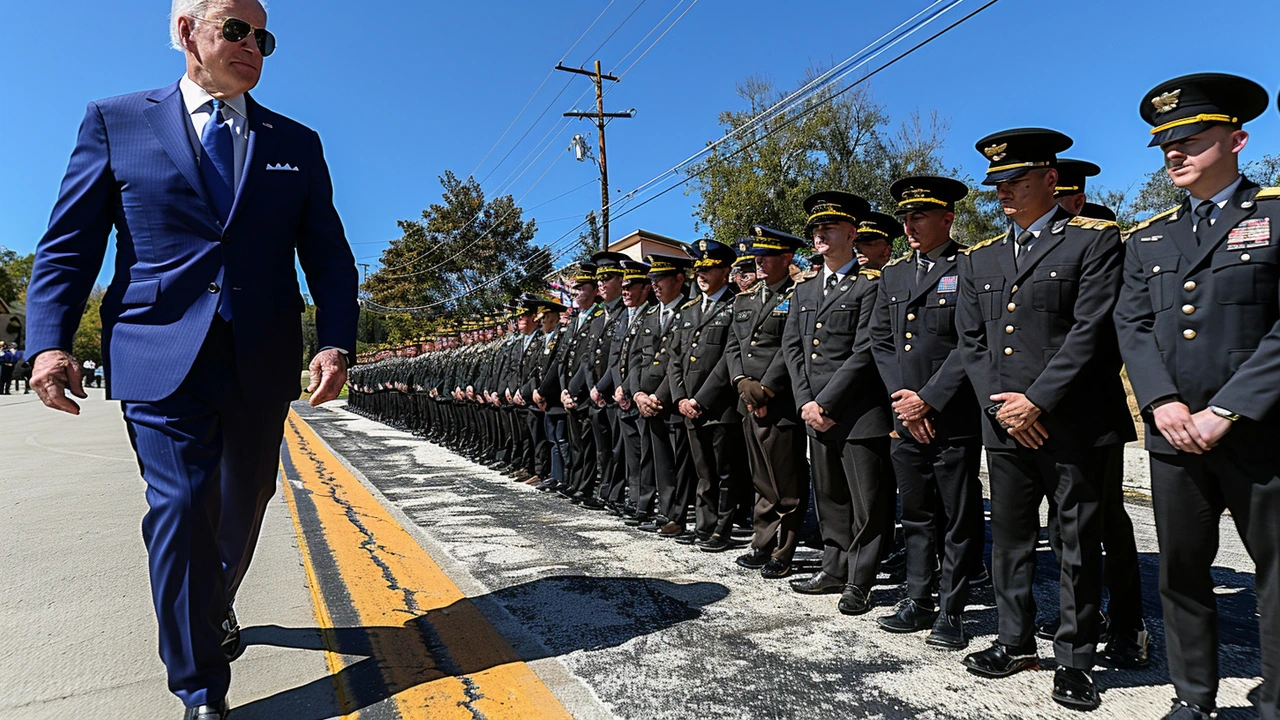France visit: why it matters and what to watch
A visit to France—whether by an African president, a foreign minister, or a business delegation—sends signals that matter. These trips shape trade deals, security ties, visa rules and often headline local news for days. If you follow African politics or plan to travel, knowing what to look for helps you separate ceremony from concrete change.
What listeners and readers should notice
First, check the communiqués. After an official France visit, governments usually release a joint statement. Look for signed agreements, not just polite words. Memorandums of understanding (MoUs) can sound big but vary from symbolic to binding. Also watch for timelines: any promised projects with clear funding or dates are more likely to matter.
Second, pay attention to security and defence language. France often brings up counterterrorism and military cooperation when meeting African leaders. If a visit includes troop talks, training programs, or logistics bases, that can affect regional stability and budgets. Third, trade and investment announcements are key. New French investments, loans, or partnerships in energy, telecoms, or infrastructure can change markets and jobs quickly.
How to follow the news and spot real impact
Use multiple sources. Read official releases from both governments, local news outlets in the African country involved, and French media. Social media can give on-the-ground reaction, but take immediate posts with caution—verify with reputable outlets. For deeper context, check past visits between the same countries. Repeated promises without follow-through are a red flag.
Also note who accompanies the visitor. Ministers, business leaders, and defence chiefs signal priorities. A presidential visit with a big business delegation usually focuses on trade; a visit heavy on security advisors points to defence issues. Finally, track follow-up meetings or parliamentary debates at home—concrete bills or budget moves after a visit show real impact.
If you care about migration, watch visa talks. France visit agendas sometimes include easier student or work visa paths or, conversely, stricter return and deportation deals. These affect families and job-seekers directly.
For business watchers: look for project financing details. Grants, concessional loans and export-credit guarantees from French banks are more than headlines—they unlock deals. For citizens: keep an eye on local contract awards and job announcements tied to those projects.
Finally, if you plan to travel to France around a high-profile visit, expect disruptions. Security zones near official events can close streets, and extra police checks at airports or transport hubs are likely. Book flexible tickets, check embassy notices, and carry ID at all times.
A France visit packs a mix of ceremony and substance. By following joint statements, tracking who’s involved, and watching for concrete funding or legal steps afterward, you’ll know whether a visit will change daily life or mostly make headlines.
